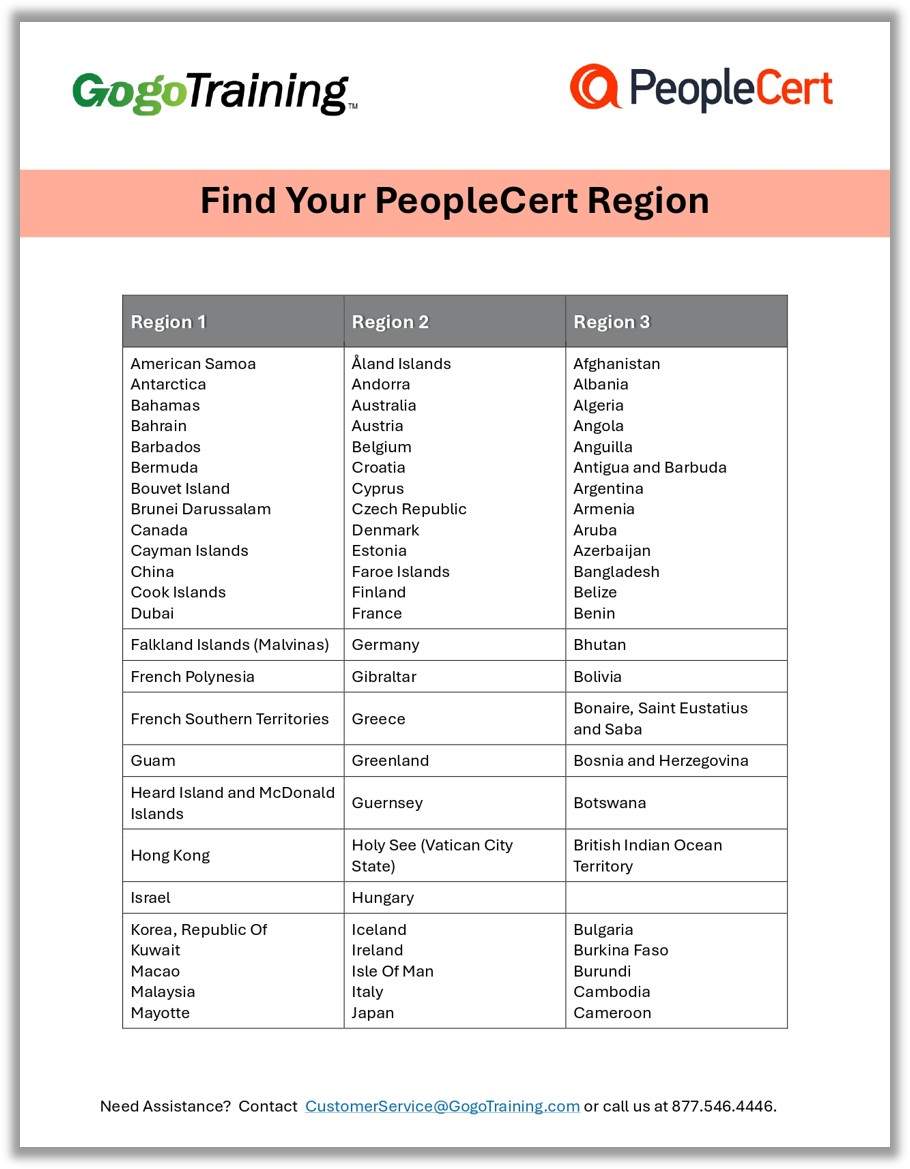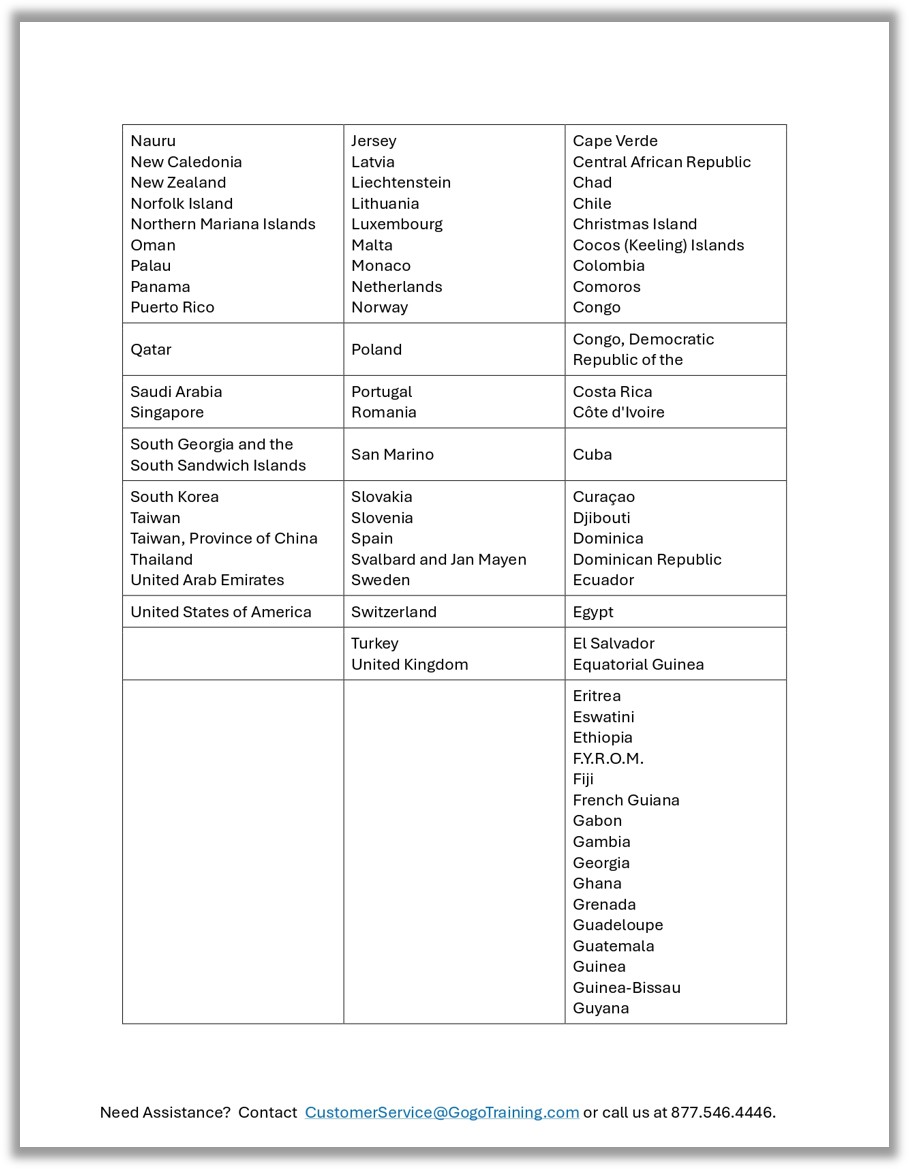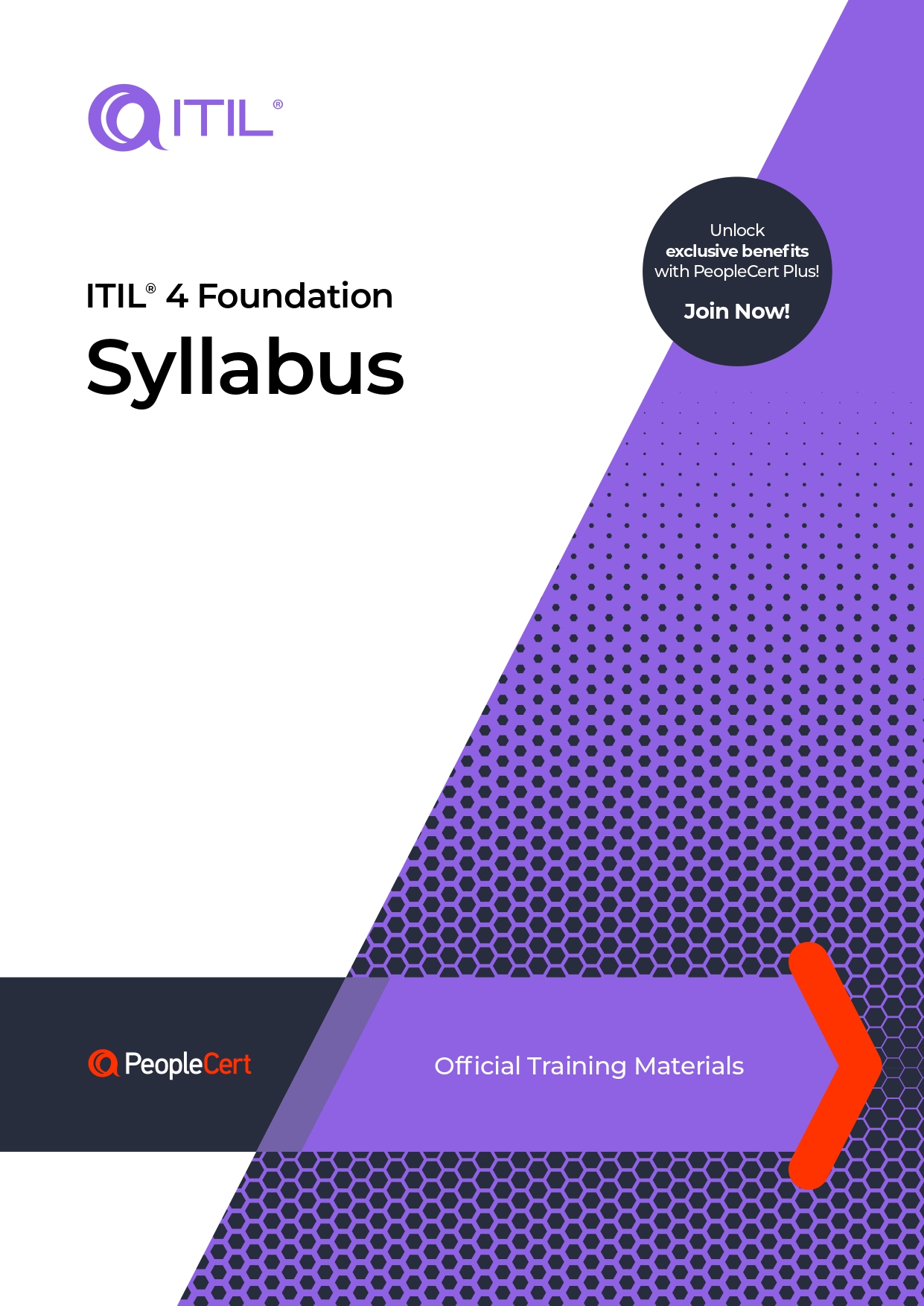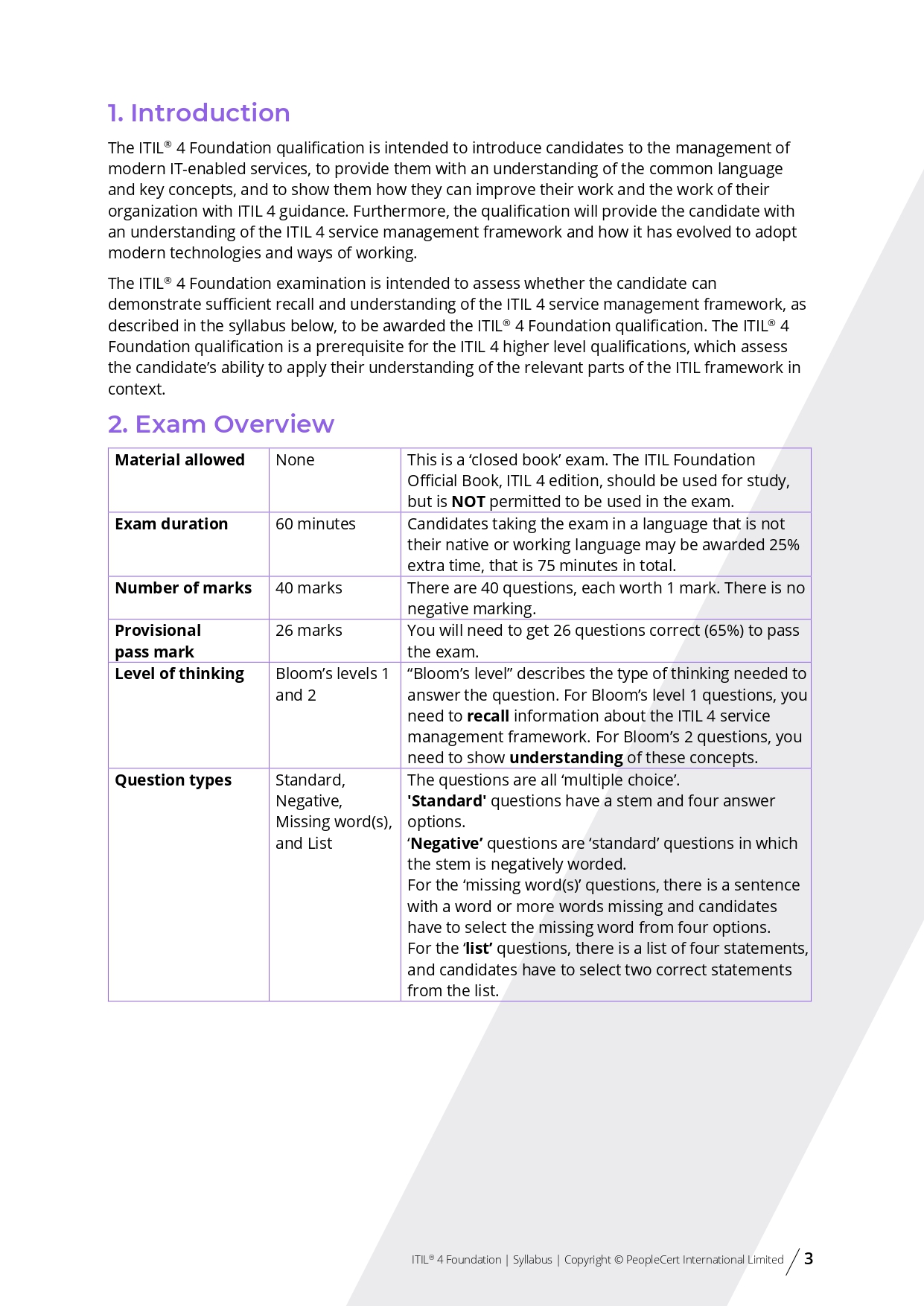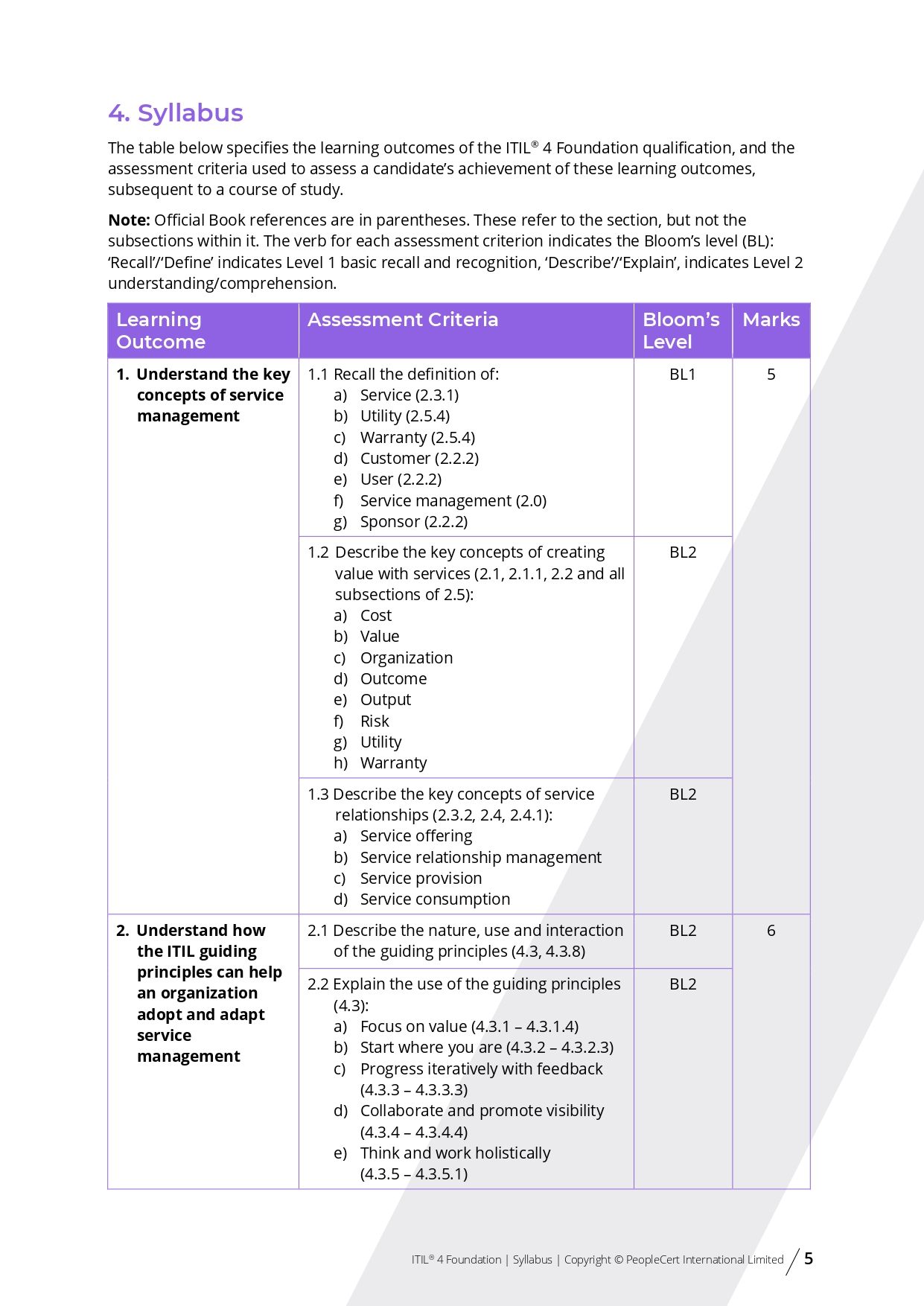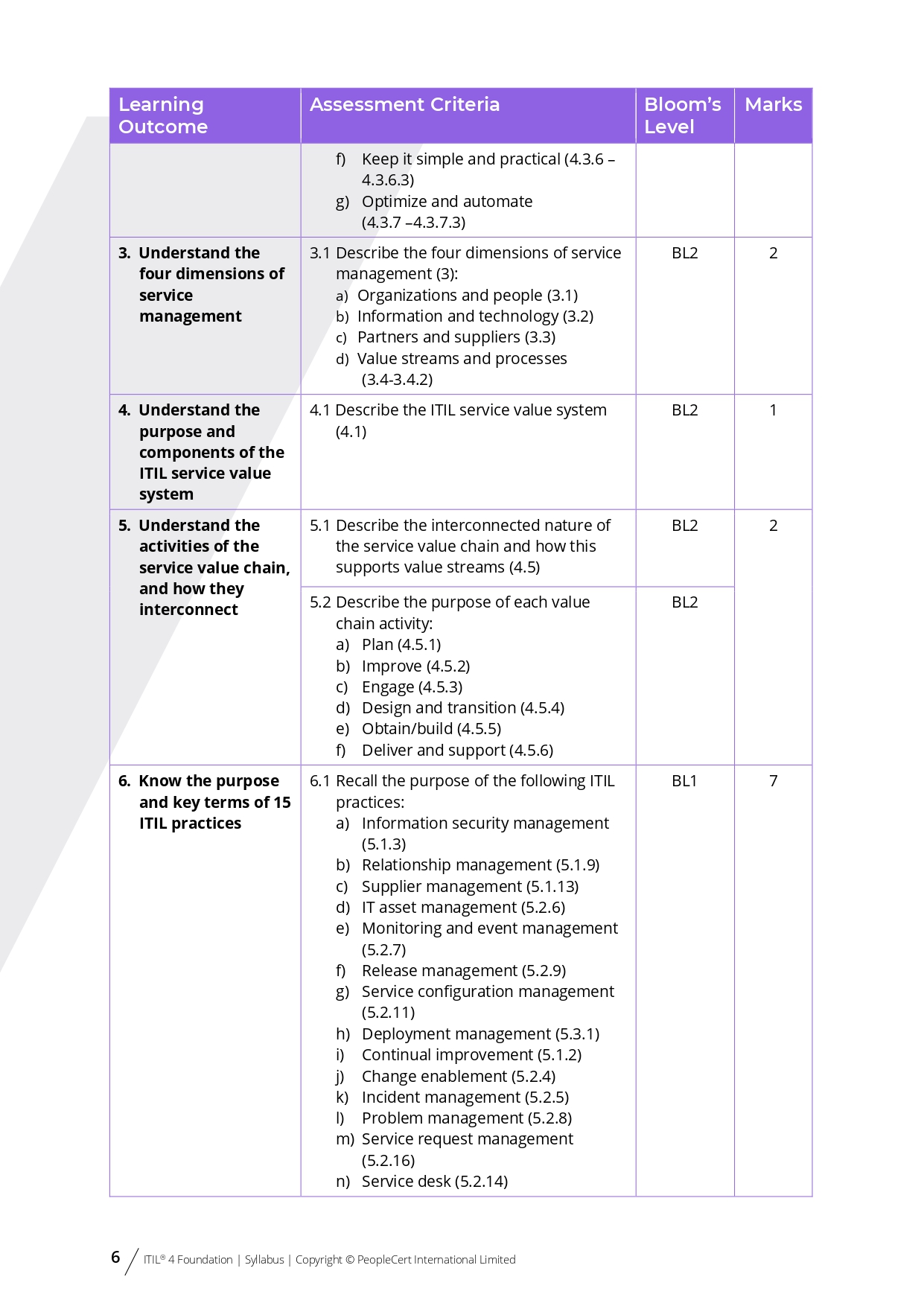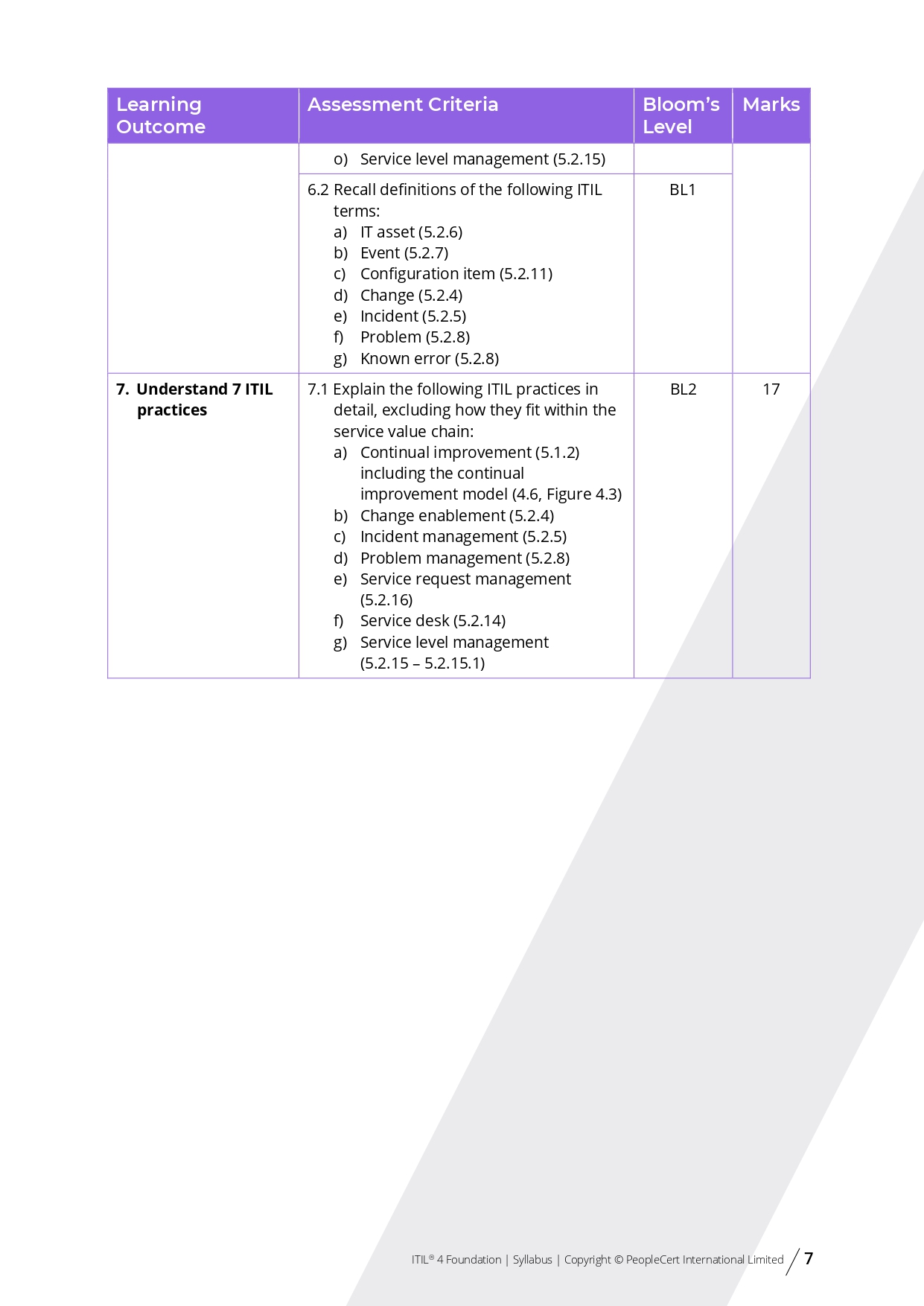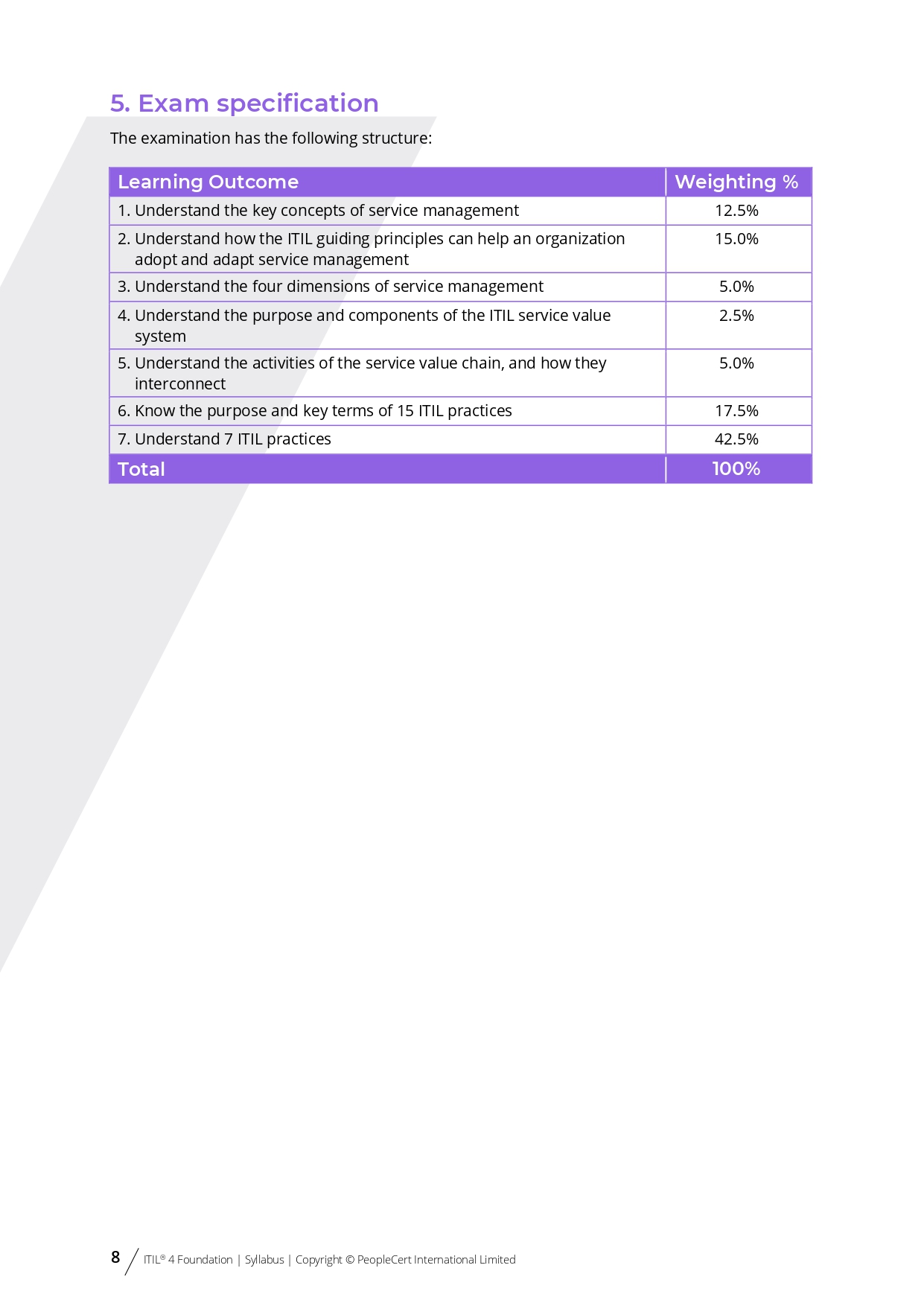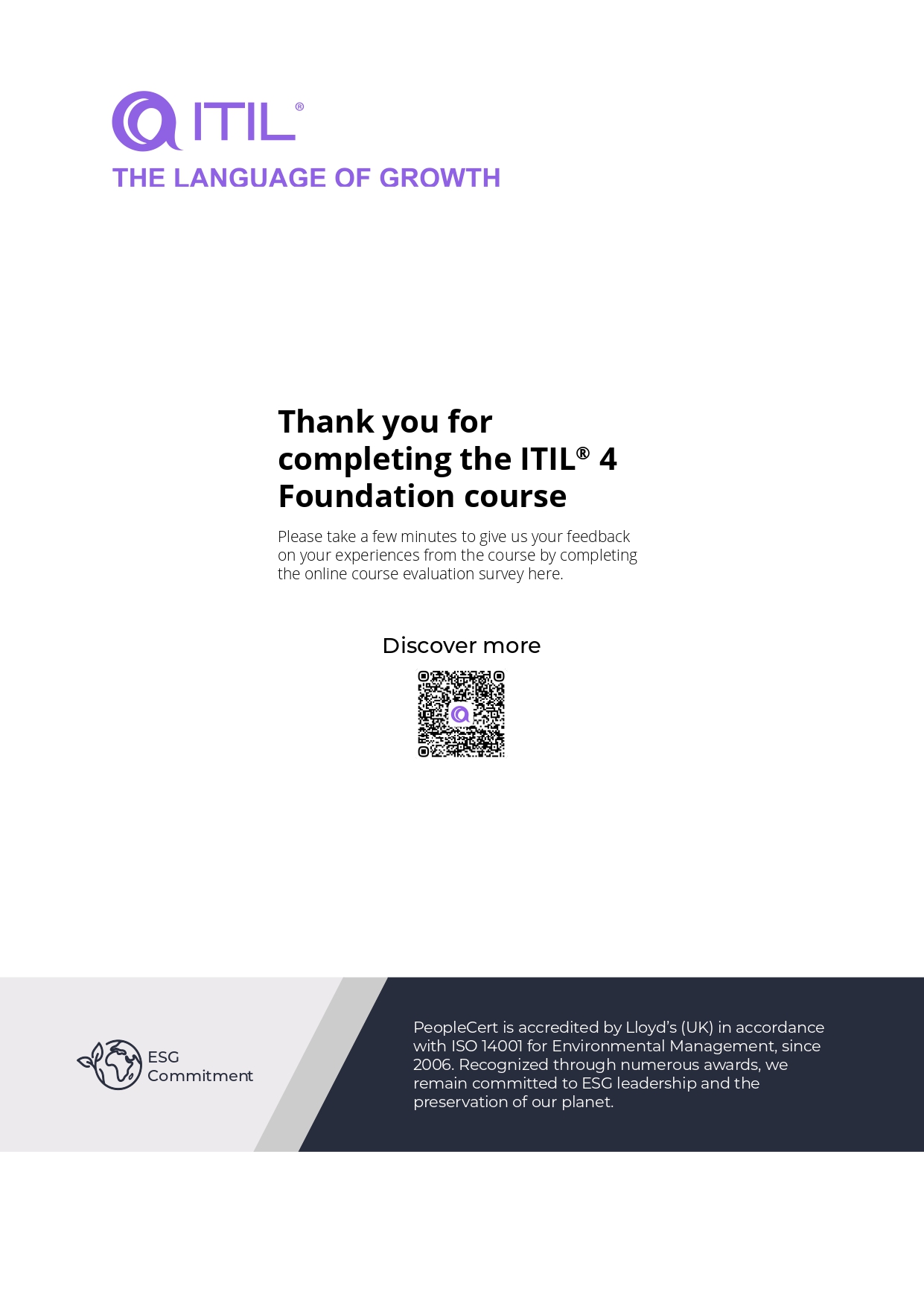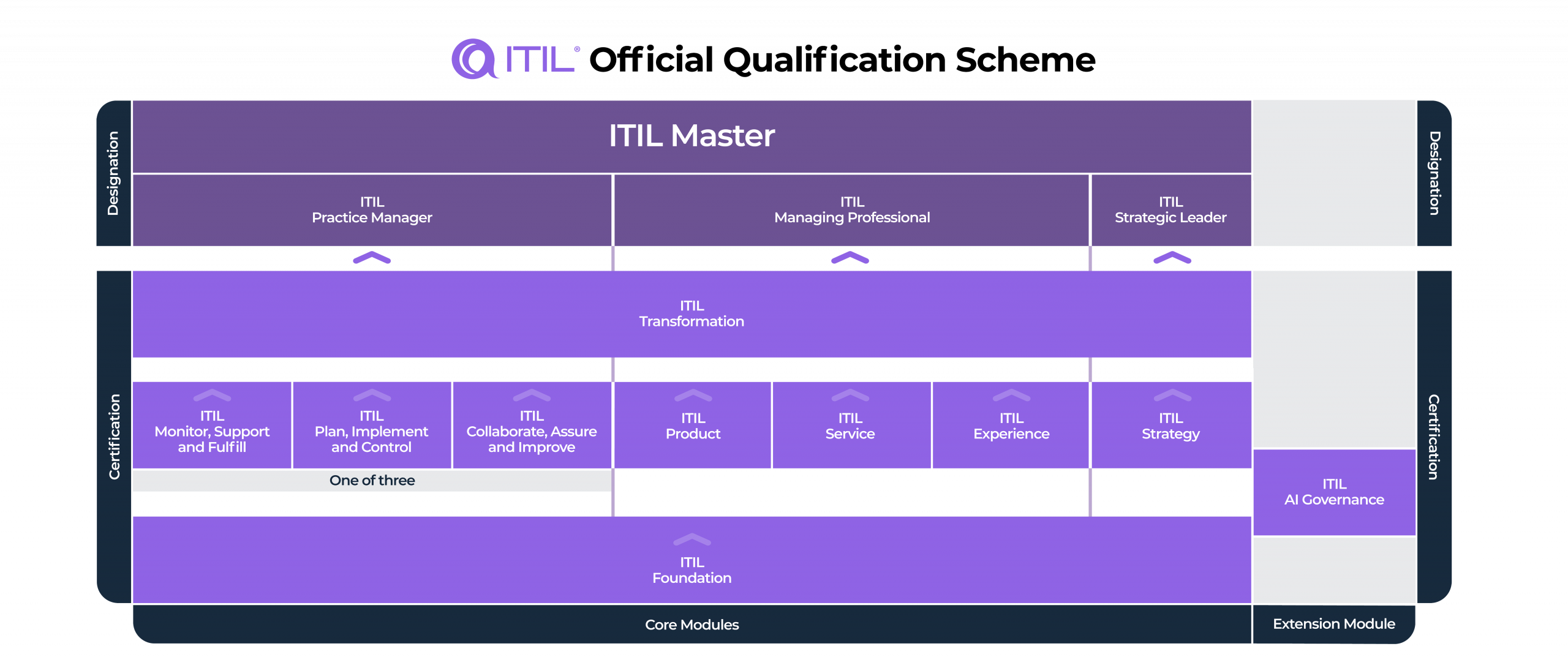
I have been getting many emails from people who are very distressed about what the “New ITIL” means to advanced ITIL 4 Certification Holders and those who are in the middle of their studies for Practice Manager, Managing Professional, Strategic Leader and Master.
My first piece of advice is Take a Deep Breath! There is nothing available in ITIL version 5 now for Advanced Certification Holders. Keep on track and finish your ITIL 4 courses. Take your ITIL4 exams and receive your ITIL 4 designations.
The advanced ITIL version 5 courses will begin being released in Q2 of 2026, and they start with the Transformation Certification. The Transformation exam will be required for all ITIL 4 Practice Managers, Managing Professionals, Strategic Leaders and I believe also for ITIL 4 Masters. The Masters and Managing Professionals may also have another course to take. This has not been determined yet.
You can finish 4 in 2026 and then when you are ready to add the ITIL 5 Designation you can take the Transformation Course/Exam and, for Masters and MP’s the additional exam if PC decides to have a second exam for these designations.
In a nutshell, there are no advanced ITIL 5 courses now. If stay with ITIL 4, then you have 1 or 2 courses to take to get the ITIL 5 designation when they come out. If you stop and wait for ITIL 5, then you will have to take all the new courses for each area which is a greater expense.
My advice, stay the course. Get your ITIL 4 Designations. The content is here. The exam prices are lower and PeopleCert has none of the advanced content available now.
I hope this is helpful and look forward to your comments!







